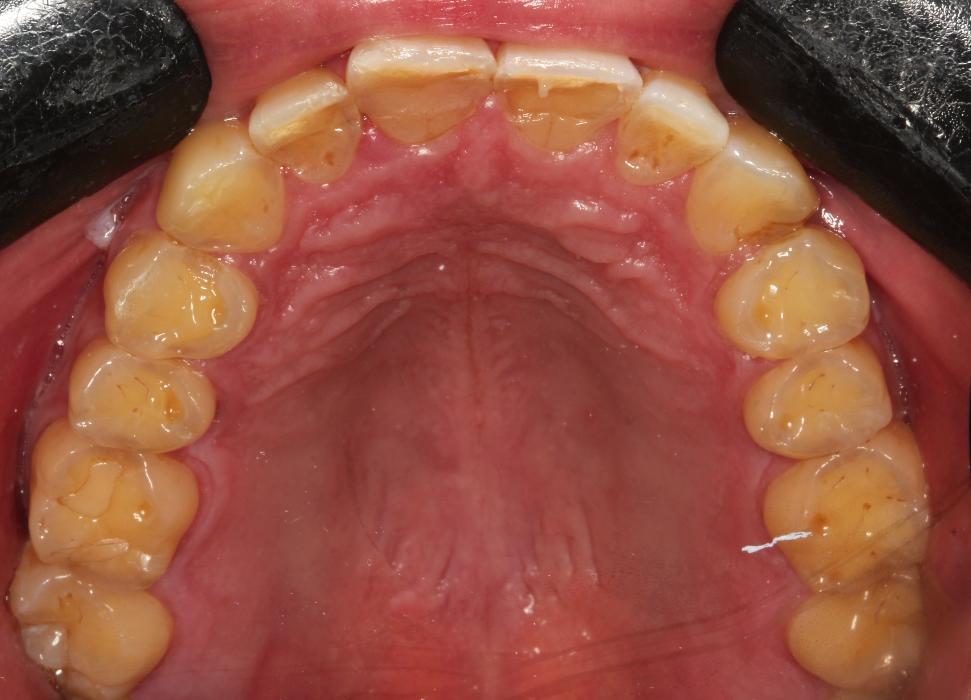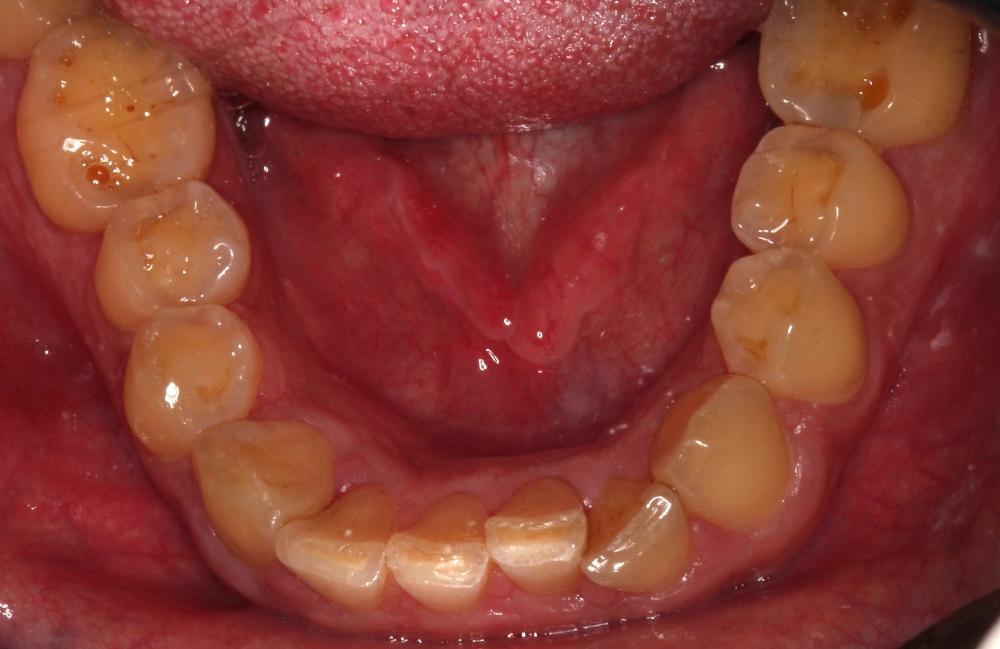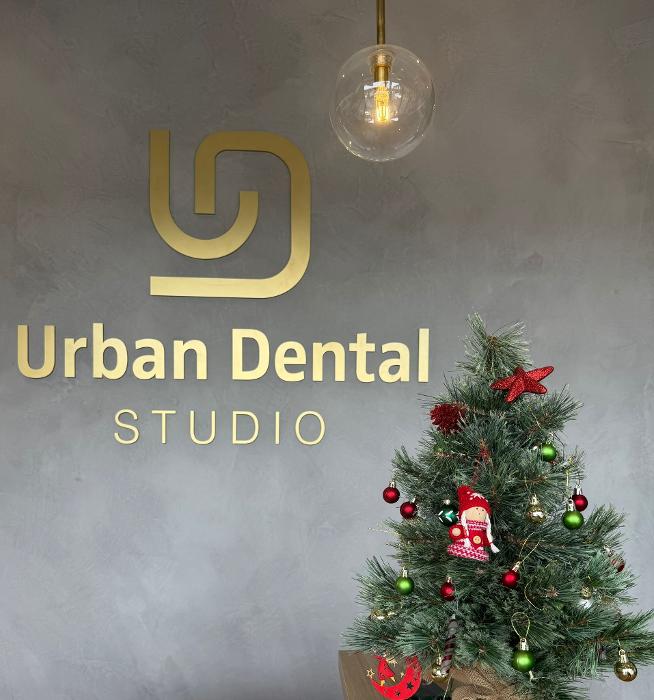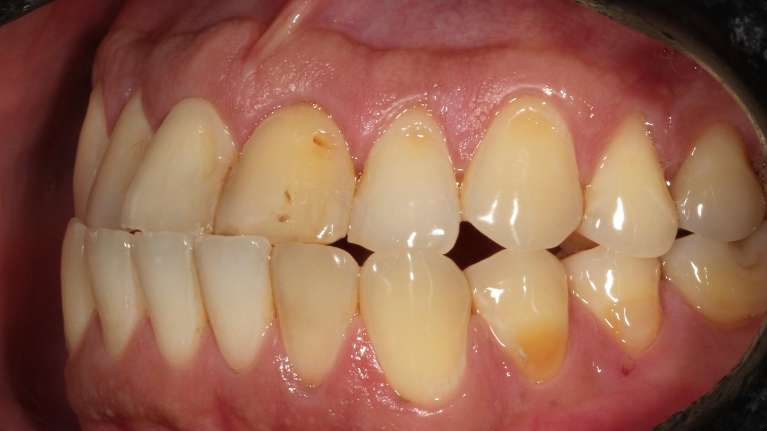
Dental erosion refers to the gradual loss of tooth enamel due to acid exposure. This process can be caused by dietary acids, acid reflux, or other factors like certain medications. The effects of dental erosion can vary depending on its severity, but common effects include:
- Enamel Loss: The most direct consequence of dental erosion is the thinning or loss of enamel, the hard outer layer of the tooth. This makes teeth more vulnerable to other
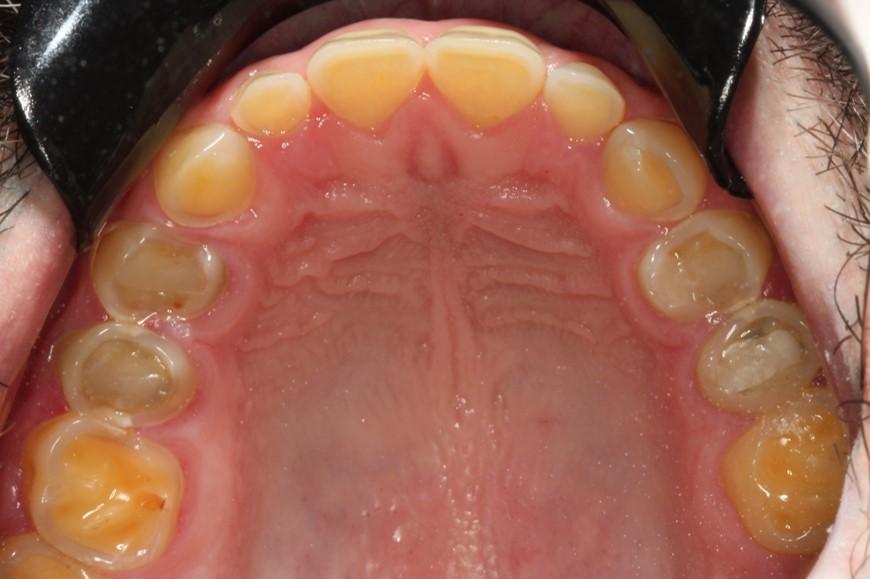 damage.
damage. - Increased Tooth Sensitivity: As the enamel wears away, the underlying dentine (which is more sensitive) becomes exposed, leading to heightened sensitivity to hot, cold, sweet, or acidic foods and beverages.
- Discoloration: Enamel loss can cause the teeth to appear more yellow or dull. The underlying dentin is typically more yellowish in colour, so when enamel is worn down, this can affect the overall appearance of the teeth.
- Chipped or Cracked Teeth: Weakened enamel makes teeth more prone to damage, like chips, cracks, or fractures, especially when subjected
 to pressure from chewing.
to pressure from chewing. - Changes in Tooth Shape: Over time, dental erosion can alter the shape and structure of teeth. This may cause teeth to appear more worn down, with a shorter or more rounded appearance.
- Increased Risk of Cavities: As enamel is worn away, teeth become more susceptible to cavities (decay) because the softer dentin underneath is not as protective against harmful bacteria and acids.
- Gum Irritation or Recession: Erosion can also affect the gums, potentially leading to gum recession or irritation as the tooth structure changes.
- Aesthetic Concerns: For those who are particularly concerned about the appearance of their teeth, dental erosion can lead to noticeable aesthetic changes, including uneven teeth surfaces or visible damage.
Preventing further dental erosion involves making lifestyle and dietary changes, along with adopting good oral hygiene practices. Here are some key strategies to help protect your teeth from further erosion:
1. Limit Acidic Foods and Drinks
- Reduce intake of acidic foods such as citrus fruits (oranges, lemons, grapefruits), vinegar-based dressings, and sour candies.
- Cut back on sugary drinks and carbonated beverages, as these are both acidic and can contribute to erosion.
- If you do consume acidic foods or drinks, try to do so with meals to minimize their impact on your teeth.
2. Rinse with Water After Eating Acidic Foods
- If you've consumed acidic foods or drinks, rinse your mouth with water afterward to help neutralize the acids and wash away any residue.
- Avoid brushing immediately after eating or drinking acidic items, as this can exacerbate enamel wear (the enamel becomes softer temporarily due to acid exposure, and brushing may cause more damage).
3. Use a Soft-Bristled Toothbrush
- Brush your teeth gently using a soft-bristled toothbrush to prevent damaging the enamel. Avoid brushing too hard, as this can worsen the erosion.
- Use fluoride toothpaste, as fluoride helps strengthen tooth enamel and protects against further damage.
4. Chew Sugar-Free Gum
- Chewing sugar-free gum stimulates saliva production, which helps neutralize acids in the mouth and protects your teeth.
- Saliva also helps remineralise enamel, reducing the risk of erosion.
5. Drink Water Throughout the Day
- Stay hydrated by drinking water regularly. This helps wash away acids and food particles, reducing the risk of erosion.
- If you drink acidic beverages like soda or juice, try to use a straw to minimize direct contact with your teeth.
6. Protect Against Acid Reflux
- If you suffer from acid reflux (GERD) or heartburn, which can bring stomach acids into the mouth, it's essential to manage the condition with the help of a healthcare provider.
- Avoid lying down immediately after eating and consider elevating the head of your bed to reduce acid reflux at night.
7. Use a Mouthguard for Teeth Grinding
- If you grind your teeth (bruxism), especially at night, it can accelerate erosion. Wearing a customized Bite splint can protect your teeth from the harmful effects of grinding.
8. Regular Dental Checkups
- Visit your dentist and oral health therapist here at Urban Dental regularly for check-ups and hygiene treatment. Your dentist can detect early signs of erosion and provide treatments like fluoride varnishes or dental sealants to protect your teeth.
- If erosion is already advanced, your dentist may recommend restorative treatments such as bonding, veneers, or crowns to protect and restore affected teeth.
9. Consider Toothpastes with Desensitising Agents
- If your teeth are sensitive due to erosion, consider using a desensitising toothpaste that can help block pathways to sensitive nerves and protect exposed dentine.
By adopting these strategies and working with your dentist and oral health therapist here at Urban Dental Studio, you can help minimise further damage from dental erosion and protect your teeth for the long term.

